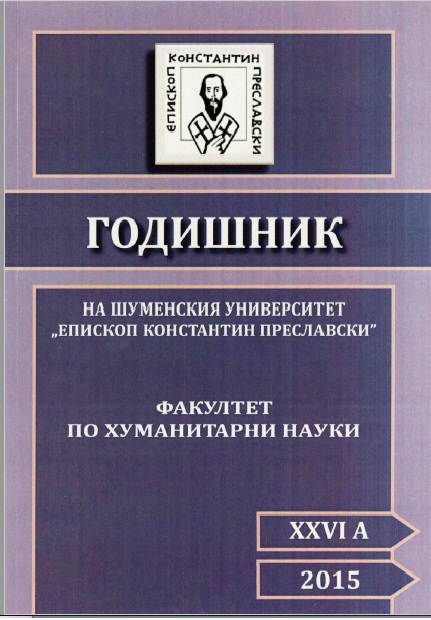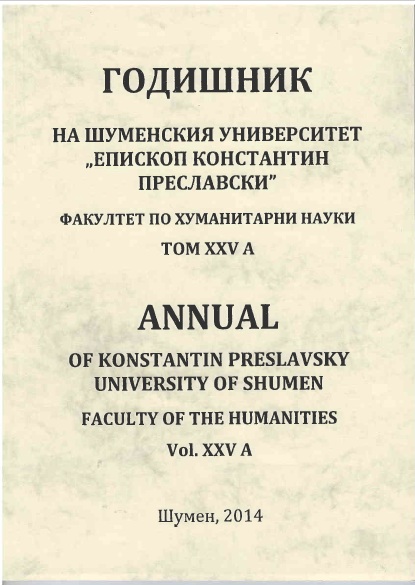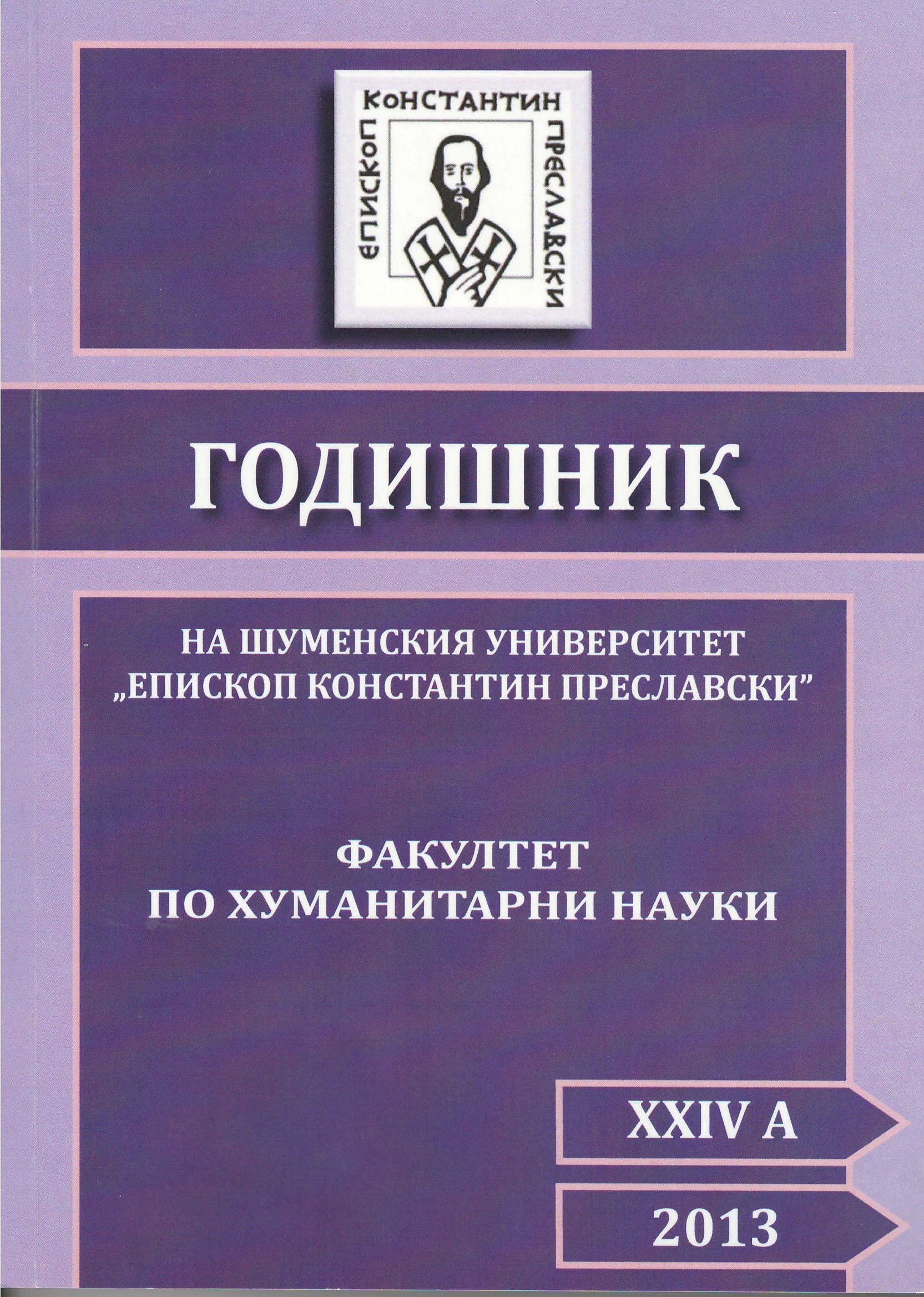
Архетипы познания и когнитивные модели
Based on the structural and functional resemblances with the cognitive processes in the living systems, on the observations reflected in the mythological pictures of the world, and on the data collected by psychology, neurobiology and linguistics we suggest that cognitive models used by the human beings can be fractal to the living creatures which can typically demonstrate learning abilities, accumulation of information and "structuring order out of chaos".
More...

